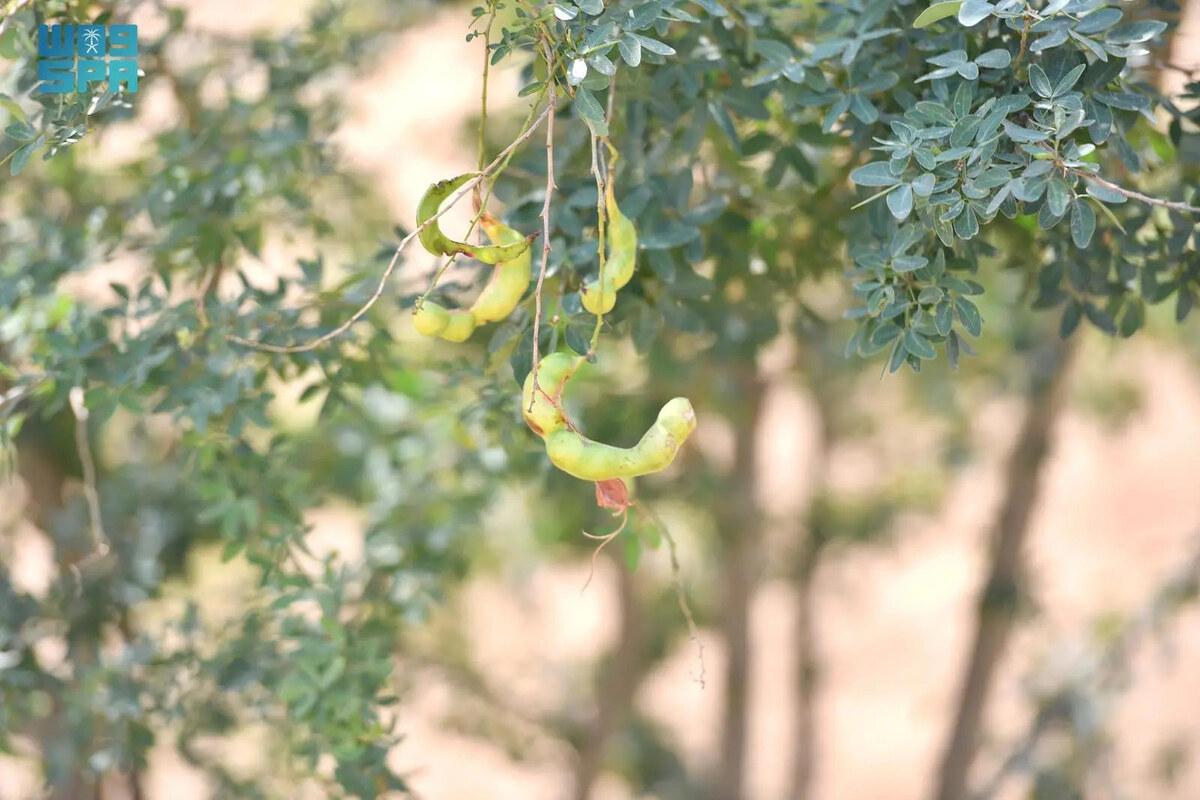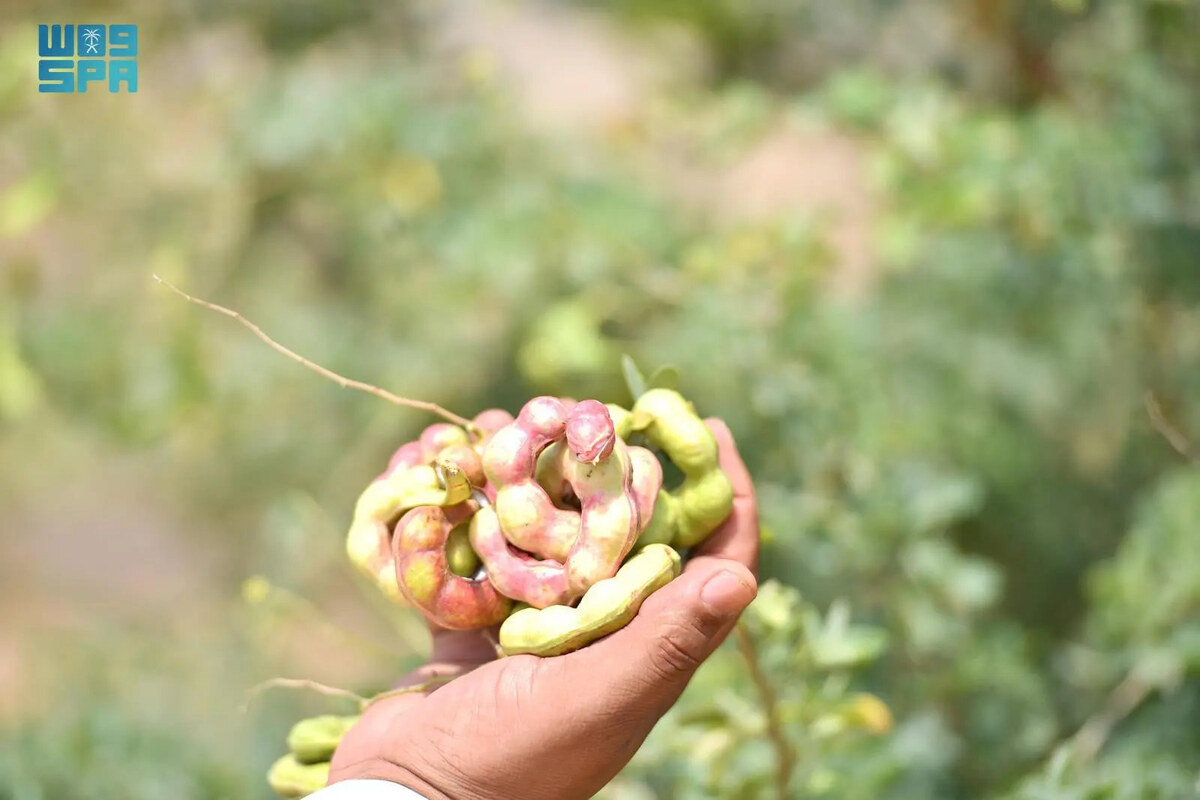Breeding programs necessary in a time of biodiversity loss
https://arab.news/m7767
If I can begin by venturing a somewhat non-scientific opinion about our new Arabian leopard triplets, it will be this: They are incredibly cute.
The two males are rambunctious and always ready for some rough-and-tumble play. The female is more the quiet and watchful type. It is easy to become attached to these spirited creatures.
And with each new birth, RCU’s work at the Arabian Leopard Conservation Breeding Center brings us closer to the day when the Arabian leopard can return to its ancestral habitat in the rocky wilderness of AlUla. Globally, RCU’s work in Arabian leopard conservation is important in the context of the fight to conserve global biodiversity.
While the work of RCU has laid a foundation for the species’ future, we need the public to buy in as well.
Stephen Browne
The triplets are pieces of this larger puzzle. For RCU’s Arabian Leopard Conservation Breeding Program, they are significant in three respects. They represent three more leopards for the program; their births show that our leopards are in the best possible condition in the breeding center; and, lastly, the births are an incredible motivator for our team as we cope with the highs and lows of a 15-year journey to return the species to the wild.
Since launching the program some four years ago, our leopard population has grown from 14 to 32. We have reached the stage where we are ready to expand. We will be announcing plans soon. It will be a milestone moment with more to follow, and none too soon. The International Union for Conservation of Nature (IUCN) reported in 2023 that the species’ numbers in the wild are diminishing.
Whereas it previously estimated the number at up to 200 mature individuals, its update states there are a maximum of 120. There are fewer Arabian leopards left in the wild than there are spots on a leopard’s coat. While the work of RCU in the past four years has laid a foundation for the species’ future, we need the public to buy in as well.
We want people to understand that the leopard is not a menace to humans, and we want farmers to know that they can co-exist with leopards. We acknowledge that when the leopards return to the ecosystem, they will sometimes take down livestock.
All of us want a better future for the Arabian leopard, in which the triplets’ descendants roam AlUla, unfettered and free.
Stephen Browne
To offset this, we are already working in collaboration with community members to introduce various initiatives, including plans to train dogs from the RCU Animal Welfare Center to serve as farm watchdogs, supporting farmers to build fences that better prevent livestock from straying, and promoting leopard-based ecotourism so that the species acquires economic value for the community.
The popular consciousness on conservation is changing. The Green and Blue series of Arab News is evidence of that. We are honored that Green and Blue’s first story was on the Arabian leopard, and that it is returning to the leopard to close the year. All of us want a better future for this species, in which we see the triplets’ descendants roaming AlUla, unfettered and free.
• Stephen Browne is vice president (wildlife and natural heritage) at the Royal Commission for AlUla.
































